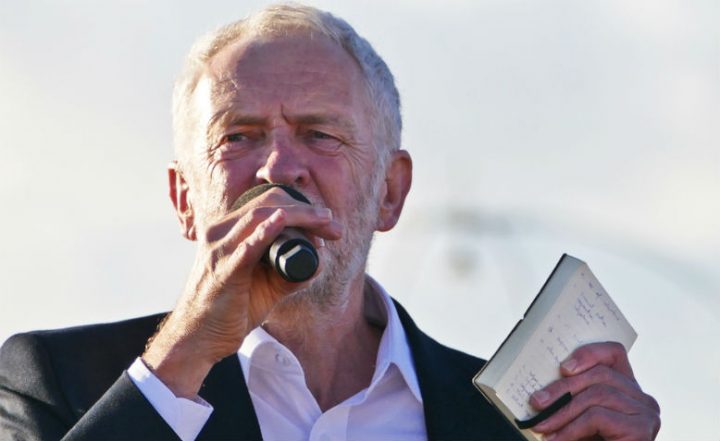By Partha Banerjee
One Hundred Years of Jallianwala Bagh Massacre by the British Tyrants.
Why does it matter today?
- On April 13, 1919, on the auspicious New Year’s Day, British military under Gen. Reginald Dyer opened fire on a nonviolent crowd of men, women and children that gathered to celebrate the festival in the garden in the city of Amritsar, Punjab. The military closed off the narrow entrance, took position, and immediately started to kill the people. There was absolutely no provocation. They killed at least 400 on the spot (some say 1000), and injured over a thousand. Few dozen terrified people — mostly women and children — jumped in a well to their death. It was one of the most horrifying mass murders in history.
- Nobel Laureate Rabindra Nath Tagore, whom the British and Irish elite painted as the Mystic Poet from the East (and purposefully overlooked his major contributions in the world of social, economic and educational reform), was one strong voice who condemned this genocide. In a letter of protest, he returned his Knighthood to Lord Chelmsford, then Viceroy of India.
- Mahatma Gandhi, freshly returning from South Africa, who was rallying a nonviolent uprising against the British colonization (and many say, thereby crushing the long-drawn struggle by Indian revolutionaries) did not show up at the scene of the massacre, until one month after the horror.
- Hindu fundamentalists and right-wing nationalists who would eventually consolidate under the banner of RSS (parent organization of BJP) in 1925 did not take part in the anti-British freedom struggle at all. It was mostly the leftist and centrist nationalists who continued the struggle for over one hundred years, before they were killed off, jailed, tortured and hanged by the British Raj. (Hindu fanatics eventually killed Mahatma Gandhi.)
- British House of Lords praised General Dyer and gave him a sword inscribed with the motto “Savior of the Punjab.” In addition, a large fund was raised by Dyer’s sympathizers and presented to him.
- Sir Michael Francis O’Dwyer was Lieutenant Governor of Punjab in India from 1912 until 1919. O’Dwyer endorsed Colonel Reginald Dyer’s action regarding the Amritsar massacre and termed it a “correct action”. In 1940, aged 75, he was assassinated by Udham Singh, a Sikh revolutionary.
- After a century of the brutality, Jeremy Corbyn, leader of the Labour Party demanded an unconditional apology for the massacre. In response, Prime Minister Theresa May described the massacre in Amritsar in 1919 as a “shameful scar” on British Indian history, but stopped short of a formal apology sought by a cross-section of the British parliament.
- I demand an apology and reparation from the British government and royal family for their two centuries of occupying, looting and destroying of India and her treasures, culminated by a bloody and deadly partition.
My family and I visited this sacred site on February 4, 2019, along with the Golden Temple in Amritsar. I bowed and kissed the ground at both places, and thanked God for this precious opportunity to finally touch the hallowed ground.






